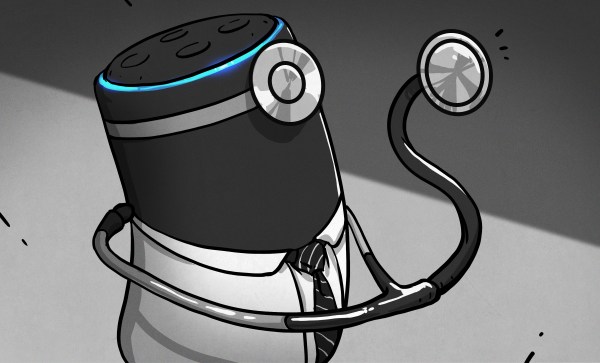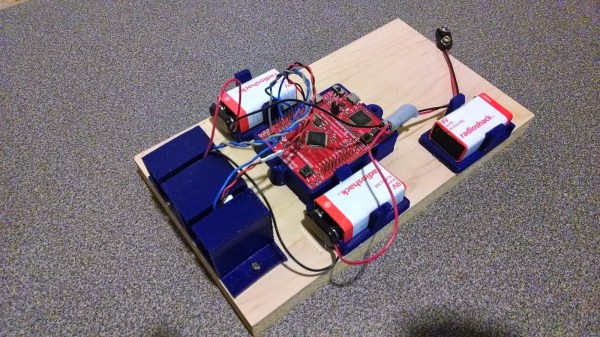University of Washington researchers studying the potential medical use of smart speakers such as Amazon’s Echo and Google’s Nest have recently released a paper detailing their experiments with non-contact acoustic heartbeat detection. Thanks to their sensitive microphone arrays, normally used to help localize voice commands from the user, the team proposes these affordable and increasingly popular smart home gadgets could lead a double life as unobtrusive life sign monitors. The paper goes so far as to say that even with multiple people in the room, their technique can be used to monitor the heart and respiratory rate of a specific target individual.
Those are some bold claims, but they aren’t without precedent. Previous studies performed at UW in 2019 demonstrated how smart speaker technology could be used to detect cardiac arrest and monitor infant breathing. This latest paper could be seen as the culmination of those earlier experiments: a single piece of software that could not just monitor the vitals of nearby patients, but actually detect a medical emergency. The lifesaving potential of such a program, especially for the very young and elderly, would be incredible.
So when will you be able to install a heart monitor skill on the cheap Echo Dot you picked up on Prime Day? Well, as is often the case with this kind of research, putting the technique to work in the real-world isn’t nearly as easy as in the laboratory. While the concept is promising and is more than worthy of further research, it may be some time before our lowly smart speakers are capable of Star Trek style life-sign detection.












